Wearable Technology
KEYHOUSE – A Strong Network of Creative Minds
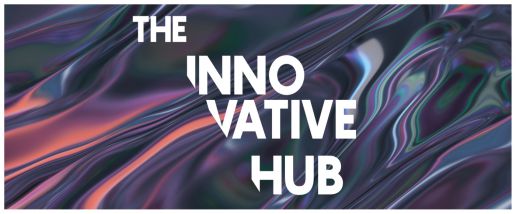
Progress and new levels of sustainability. Combining hand-made and digitalisation. The future of the textile and fashion industry is complex and challenging. The demand for greater transparency and information, for innovative solutions, new mindsets and forms of production is all the more loud and urgent.
KEYHOUSE, as the think tank of MUNICH FABRIC START, offers concrete approaches towards a visionary textile and fashion industry, providing answers, inviting discussions and interaction, showcasing new directions and definitions of innovation. In this way, an inspiring network of unique partnerships and collaborations with ambitious projects has been established.
At KEYHOUSE, everything revolves around innovation – be it the luminous jacket from MUSGO TECH, 3D printing and 3D knitting from Cocccon, the solution for a digitally networked supply chain from Lectra, or the Nebudye dyeing process using the Officina +39 nebulization system. Numerous innovative suppliers will showcase their trend defining developments for the first time at KEYHOUSE, including CLO Virtual Fashion with 3D visualisation of garments, Circular Fashion with workshops and software tools for innovative recycling management, and Recover providing accurate colour in upcycled yarns.
“Fashion must take a holistic hybrid approach in order to establish sustainable innovations in the apparel industry as a permanent feature.
These sustainability initiatives can be implemented by integrating new technologies with a high degree of design, disruption and integration.”
Muchaneta Kapfunde, Founding Editor-in-Chief FashNerd.com
HIGHLIGHTS AT KEYHOUSE
THE NUTURE ROOM WITH PAULINE VAN DONGEN. With “The Nurture Room“, Pauline van Dongen creates a space for meeting and inviting exchange among like-minded people who share the desire to redefine the fashion industry. The organised shared research sessions on topics such as workwear, outdoor clothing or casual wear etc. are led by fashion tech experts and show how technology can be sensibly embedded in clothing. Workshops will inspire participants to expand their know-how and connect companies along the entire value chain so that they can follow up with concrete action. Please find an overview of all workshops sessions here.
Due to the limited number of participants in the free workshops, we kindly ask you to register by sending an email to Chantal Gräff at cgr@munichfabricstart.com.
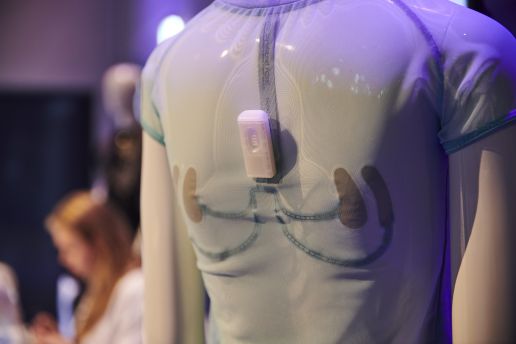
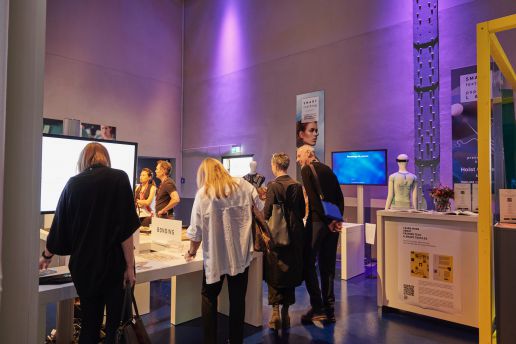
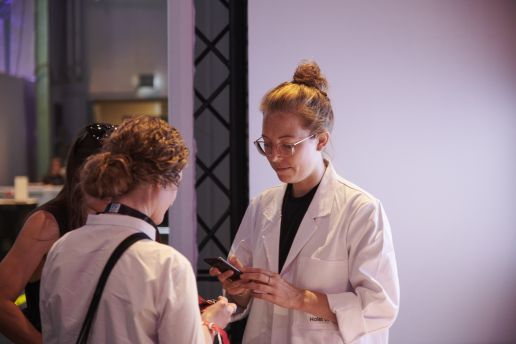
RE-FREAM PROJECT BY CARMINA FERRI. With her project Re-FREAM, Carmina Ferri, founder and CEO of Care Applications, wants to bring together designers and researchers to jointly develop innovative fashion concepts. Designers are invited to submit their proposals for ‘3D Manufacturing’, ‘Electronic & Textiles’ and ‘From Linear to Sustainable Circular Systems’. The winning innovative art concepts will then be developed in the three corresponding research centres.
The SUSTAINABLE INNOVATIONS Forum combines poetry and problem solving. It will showcase inspiring developments and establish new perspectives on the world of textiles: from extraordinary innovations, new material resources and the combination of the traditional and modern to captivating and thought provoking installations. Discover the following innovations:
- Karin Vlug und Bas Froon see the future of fashion in regional fashion production that is made to measure, on request and using digital technologies.
- CONSUMPTION OF HERITAGE. Sun Lee questions the values of consumers and producers and thus those of the conventional fashion system.
- PRINTING WITH LIGHT. Madeleine Marquardt combines new technologies with Cynatopie, one of the first photographic printing processes, thus opening up new possibilities for modern textile design.
- SEAMLINE PROJECT. Gu Qiong emphasizes the object character of clothing by highlighting seams in brightly coloured yarns.
- SISAL, MORE THAN A ROPE. Isabella Monaco uses sisal for clothing and is experimenting with hydrogen peroxide and sodium carbonate to make the natural fibre softer while maintaining its robustness.
- RINSE OFF. Caterina Tioli uses the properties of potato starch to stabilize unspun wool for processing.
- CT DAIRY. Gal Yakobvitch develops a water-repellent coating for textiles based from milk protein. The result is a sustainable unisex workwear made of vegetable-dyed second-hand T-shirts.
- FOREIGN FORAGING. Jeanette Lili Weiss poetically addresses the complex problem of scarcity and abundance in times of climate change.
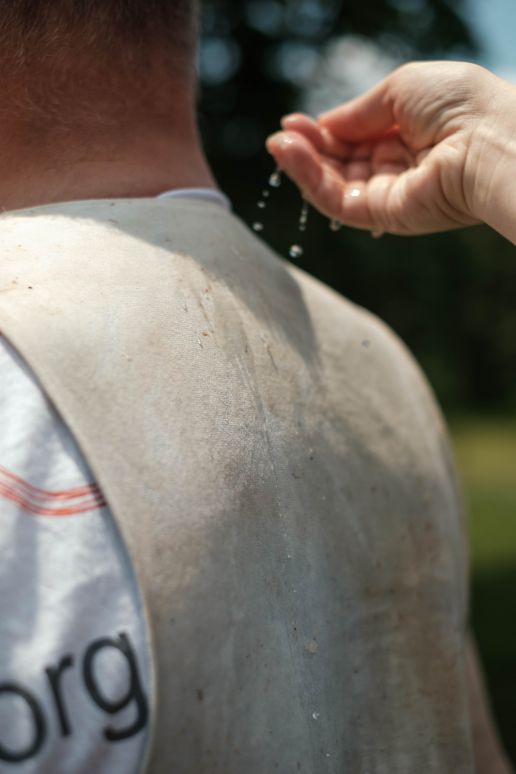
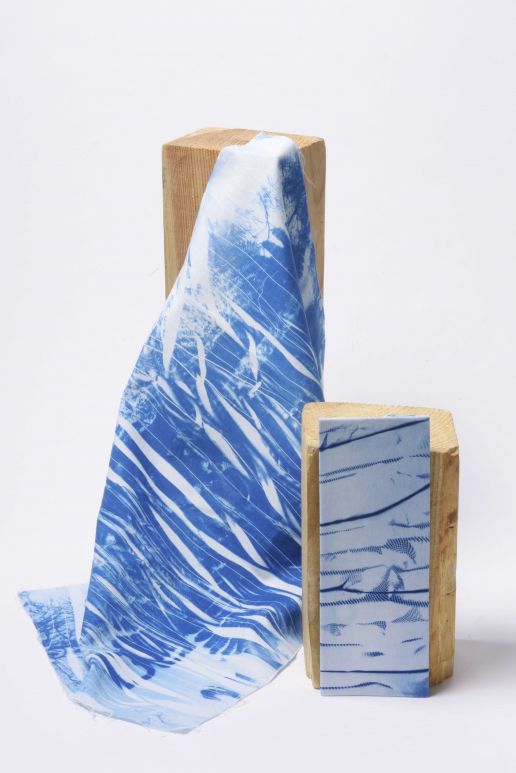
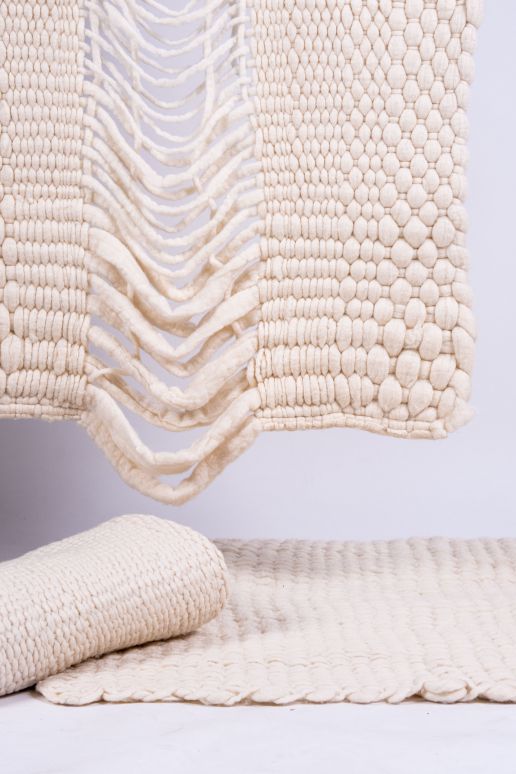
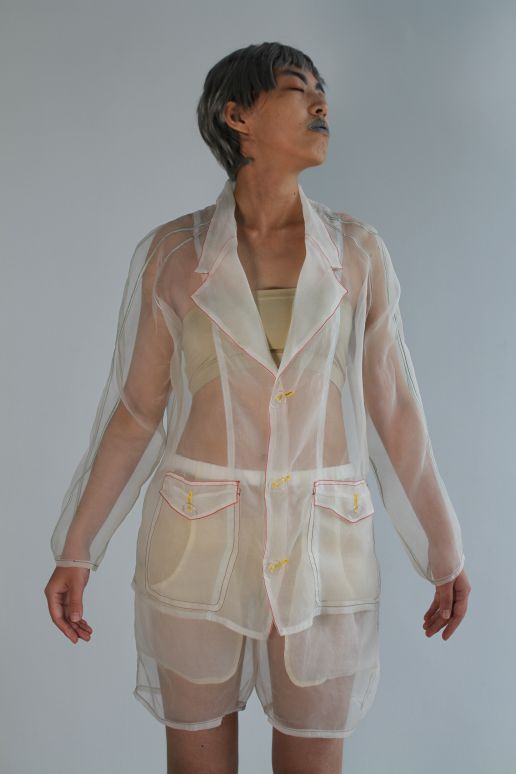
“Our goal is to take a look at the possible future with these 8 selected Sustainable Innovations, so that the industry and its professionals can reach the next level. It is an ongoing dialogue. We are a community that is growing and connecting, sharing visions and ideas – it’s a very inspiring atmosphere”.
Simon Angel, Curator Sustainable Innovations MUNICH FABRIC START
KEYNOTES & SEMINARS
KEYHOUSE also offers a comprehensive and exclusive event programme. This includes trend seminars, exclusive workshops, keynotes and round tables. You can find the complete event program here.
Exklusive Trend Seminar by Li Edelkoort – Tuesday, 4 Feb 2020, 4pm – 6.30pm
Arguably the most famous trend forecaster of our time holds an exclusive trend seminar. In an impressive presentation, GREEN WAVE – the Fashion Trends for Spring.Summer 21, as GREEN BOOK – the Recreationwear Trends for Spring.Summer 21, as well as STILLNESS – a Full Colour Forecast for Autumn.Winter 21/22.
David Shah about „The 10 Design Pillars” – Tuesday, 4 Feb 2020, 10.30am – 12pm
The trend forecaster and publisher of Textile View will deliver the keynote “The 10 Design Pillars”. David Shah presents new perspectives on design influences from Slowbilisation to Hopepunk, from Biophilia to Datascapes.
„Fashion Activism” Panel by Muchaneta Kapfunde – Wednesday, 5 Feb 2020, 11am – 12pm
FashNerd founder Muchaneta Kapfunde brings together the experts Kresse Wesling, Styliani Parascha, Marta Waydel and Marina Toeters as part of the panel discussion “Fashion Activism: Creating the Fashion of the Future.”
“United Nations SDG’s Agenda 2030: Challenges & Opportunities for the textile industry” – Wednesday, 05 Feb 2020, 1pm – 2pm
In 2015, the UNGC formulated 17 goals for the sustainable development of our planet and on this basis the “Agenda 2030” of the United Nations was created. Daniel Pinto, Business Director of Scoop, will refer in his presentation to the challenges and opportunities for the textile industry and explain how existing technologies and innovations in the industry can be used to achieve the set goals.
„How automation will change the fashion industry” – Wednesday, 5 Feb 2020, 2pm – 3pm
Five experts in technology, David Schmelzeisen, Ralf Schneider, Dr. Thomas Fischer, Jon Zornow and Sabine Kühnl will discuss “Don’t be afraid of robots – how automation will change the fashion industry” in a panel discussion. Automation, digitalisation and localisation are the trends that are reshaping the global fashion market. Is the fashion industry ready to adapt to new standards? What consequences does this have for the current procurement structure, also in terms of social responsibility?
“The data behind today’s winning marketing strategies” – Wednesday, 5 Feb 2020, 5pm – 6pm
Gina Gulberti, VP Digital Marketing at Launchmetrics, explains in her keynote “The data behind today’s winning marketing strategies”.
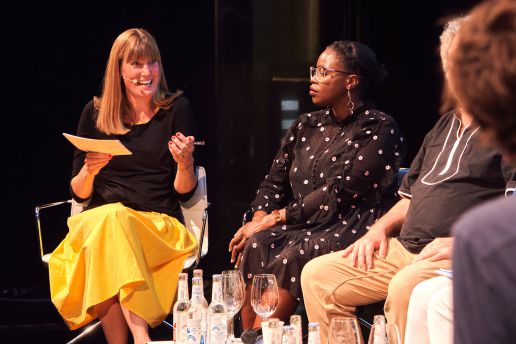
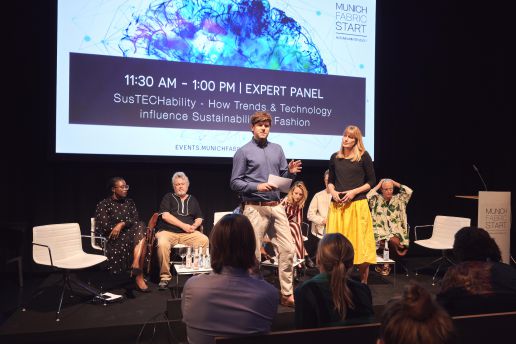
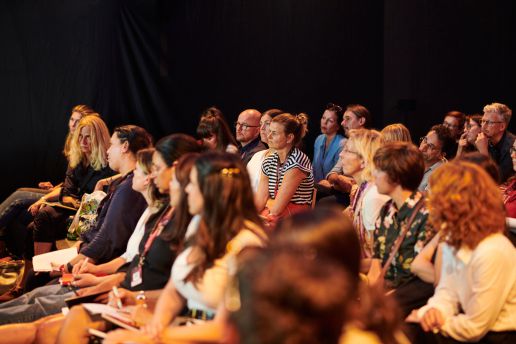
All dates and the complete lecture programme can be found here.
MUNICH FABRIC START & KEYHOUSE & SOURCING
04 February 2020 | 9.30am – 6.30pm
05 February 2020 | 9.30am – 6.30pm
06 February 2020 | 9.30am – 4.00pm
BLUEZONE
04 February 2020 | 9.30am – 6.30pm
05 February 2020 | 9.30am – 6.30pm
The Nurture Room: Interview with Pauline van Dongen
LET'S TAKE CARE OF FASHION TOGETHER.
During the previous edition of MUNICH FABRIC START, you presented the Smart Textile Pop-up Lab at the KEYHOUSE. What was it all about?
The aim of this Pop-up Lab was to familiarize people with smart textiles, and in particular those created by printed electronics. Through my work at Holst Centre (a leading Dutch R&D centre), I see the potential of printed electronics for the textile industry. These printed electronics are thin and stretchable and the printing process allows for a modular design approach. Moreover, they are made using familiar processes, namely through screen-printing conductive inks on flexible substrates like TPU and then heat bonding these smart “trims” onto textile. Visitors of the Pop-up Lab could see this process up close to better understand it and be inspired by the possibilities.



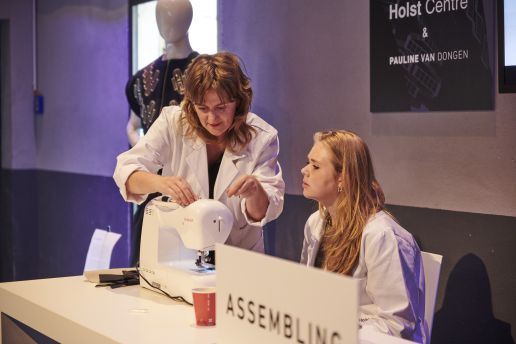
This time, visitors of the fair can book a (free) session in “The Nurture Room”. View the timetable and register here.
What will they experience there?
After having successfully shown the process of printing electronics and their integration in textiles, it is time for the next step. The Nurture Room is a space to reflect and to meet likeminded people who share a wish to do things differently within the fashion industry. It invites open dialogues addressing the urgency to create new relationships between humans and the clothing they wear.
The aim of the sessions at The Nurture Room is to not only inspire participants, but to ensure that they can follow up their inspiration with concrete actions once back in the office. You will be guided through the session by wearable technology experts: Pauline van Dongen and Marina Toeters. By booking a session on a particular topic, such as workwear, outdoor clothing or casual wear, you can tap into a wealth of knowledge and simultaneously help shape the direction of developments in the field of wearables.
The sessions are meant to connect companies covering the full value chain, in order to collectively contribute to new product developments. Together, we will discuss ways to embed technologies into clothing in ways that can nurture people and improve their wellbeing. Visitors will be able to encounter the latest developments that fall within this scope, such as MYSA 2.0: a “relax shirt” that guides the wearer through breathing exercises that can be felt through subtle vibrations along the spine.
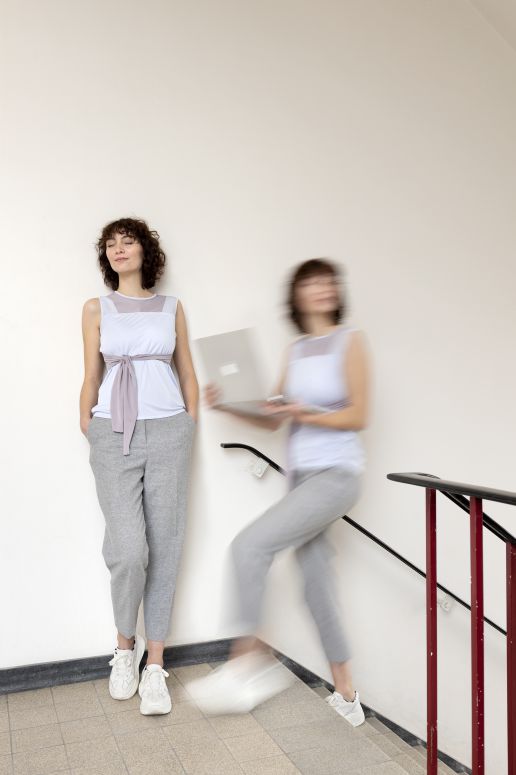
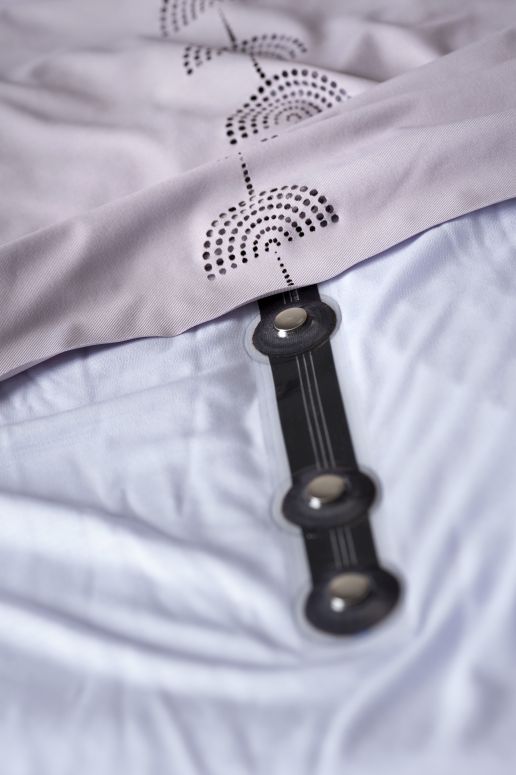
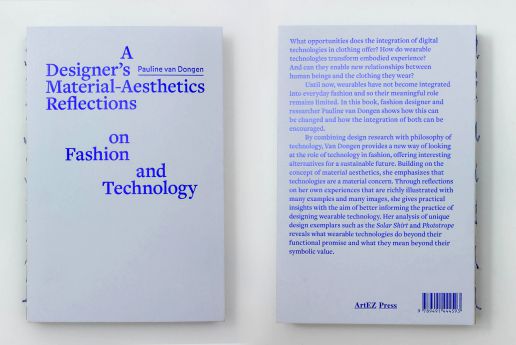
Can you tell us a bit more about your own research and how the idea of The Nurture Room relates to it?
In my own research, I focus on the way clothing mediates between our bodies and the world. Our clothes shape how we relate to the world, they actively shape our perceptions and our actions. I look at how we can strengthen our relationship and emotional bond with clothing and, by wearing clothing, with others and with the environment. When our clothes become active and responsive, how will this affect the human-garment relationship for example? My research shows that when we create wearables, we need to take into account the full set of experiential qualities of the garment, and not just the functionality of the technology. I extensively describe this approach in my recent book “A Designer’s Material-Aesthetics Reflections on Fashion and Technology”. It also includes practical guidance for designers and engineers who wish to develop wearables.
As a designer working between the fields of fashion design, textile innovation and technology, I understand these different worlds and know how to connect them. I would like people entering this space to think very consciously about what they want to develop and for whom, what new values the product will bring to people and how they incorporate considerations relating to the well-being of the planet. This ambition is reflected in the concept of The Nurture Room.
Why did you call it “The Nurture Room”?
Nurture is care that is given to someone while they are growing and developing. The term reflects the care with which we should all treat industry. In the context of “nature vs nurture”, the word “nurture” describes the influence of learning and other influences from one’s environment. I experienced how many new things I had to learn when I made a turn to wearables. In wanting to change the system as well as my own position and attitude as a designer, I also noticed that I needed to shed some of the premises that formed the basis for my fashion education. This learning and unlearning are processes that not many people in the industry take the time for or get the time for. While new perspectives are so desperately needed right now. So, to help facilitate this, our main message is: “Come and nurture yourself, by expanding your knowledge in the area of wearable technology.”
Visit The Nurture Room at MUNICH FABRIC START on February 4-6 2020 in Munich, Keyhouse, Booth #34
Due to the limited number of places available for the free individual workshops, we kindly ask you to register by mail to Chantal Gräff at cgr@munichfabricstart.com.
WORKSHOP TIMETABLE
Tuesday, 4th February
11.00 – 11.45 am: sports & activewear
14.00 – 14.45 pm: wool & tailoring
Wednesday, 5th February
11.00 – 11.45 am: workwear
14.00 – 14.45 pm: intimates
16.00 – 16.45 pm: outdoor
Thursday, 6th February
12.00 – 12.45 pm: casualwear

